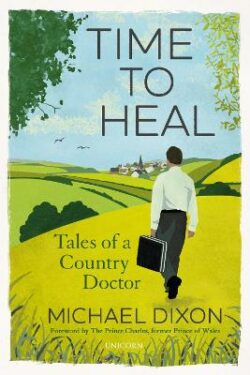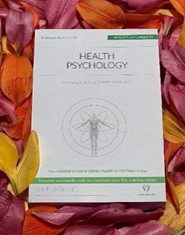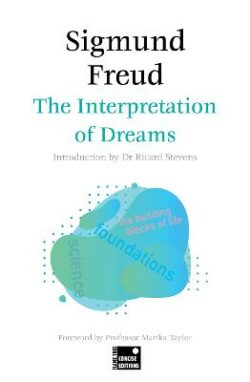Midlife: Humanity’s Secret Weapon
$45.00
Out of stock
Alert me when product is restocked
Description
Only two species of mammal have a post-reproductive life that lasts longer than their reproductive life: the killer whale, whose elders are able to sniff out food supplies over vast oceanic distances to keep their pods fed, and the Homo sapien. While the evolutionary purpose of the killer whale’s extensive life seems clear, what is the point of ours?
This was a question that intrigued psychoanalyst Carl Jung, who observed that if a culture is to maintain its deepest, profoundest roots while moving forward to embrace the challenges of historical and technological change, it needs to find an equilibrium between the energy, vigour and creativity of those in the ego-driven first half of life and the experience, dignity and wisdom of those in the second. But to make it to that second half of life, we need to traverse the dreaded ‘middle years’, when so many of us find ourselves discontent with our jobs, unhappy in our relationships and lamenting our fetishized youths.
Drawing on history, psychology, science and literature, Jamieson shows just how ubiquitous, and crucial, the ‘midlife crisis’ is, and the devastating consequences for society at large if we continue to regard it as something we can, and should, avoid.
Additional information
| Weight | 567 g |
|---|---|
| Dimensions | 121 × 191 mm |
| Author | Andrew Jamieson |
| Author Bio | Andrew Jamieson trained at the Bath Centre for Psychotherapy and Counselling and received an MA in Humanistic and Integrative Psychotherapy at Middlesex University. He lectures and writes articles on a series of subjects including psychotherapy's interconnection with philosophy music and literature. Parallel to his psychotherapeutic career, he has promoted orchestral concerts throughout the UK for over forty years. |
| ISBN | 9781912559381 |
| Number of Pages | 192 |




